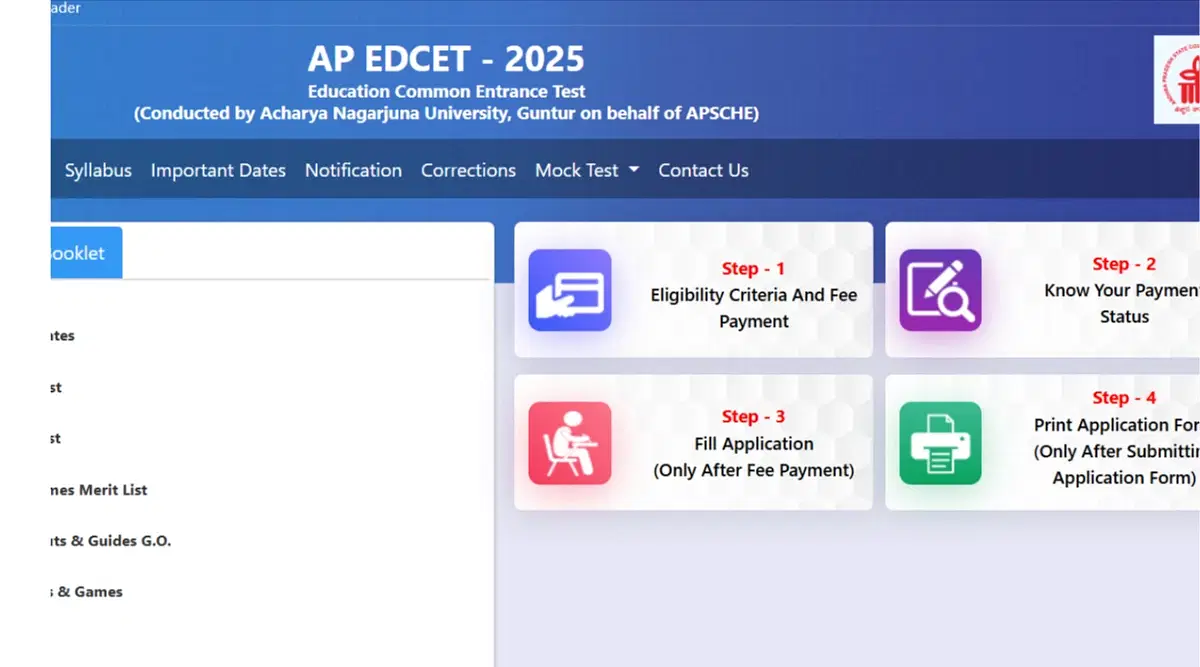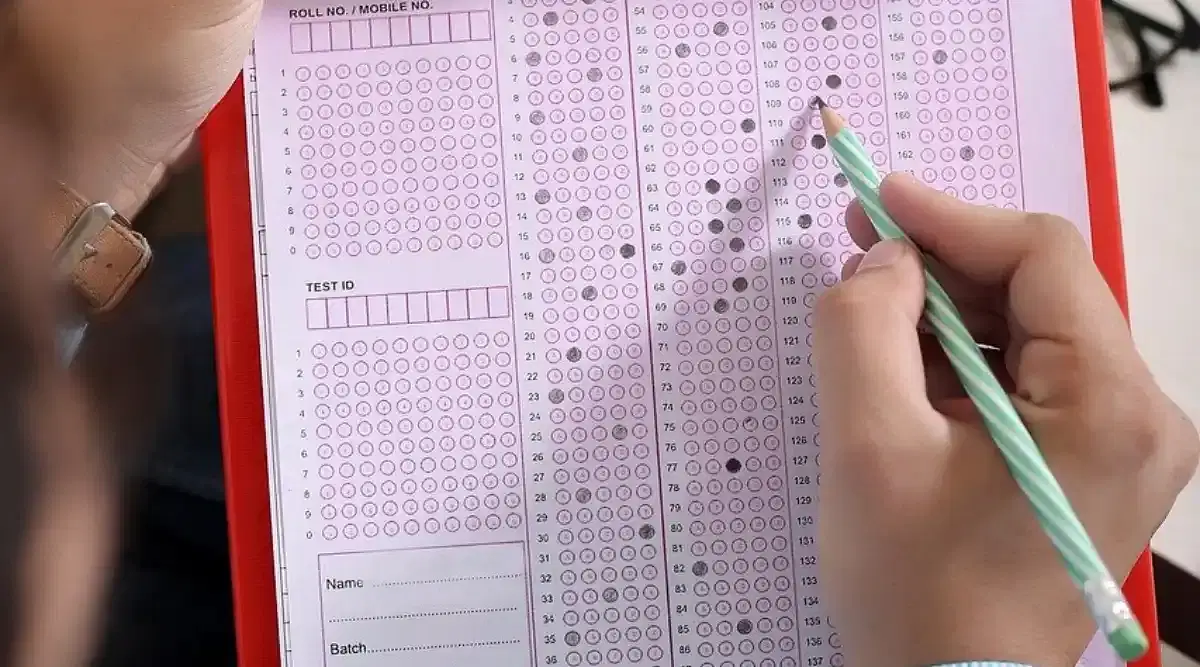GPA or Grade Point Average is a marking system to indicate students’ average scores during their course of study. GPA is important to grade students on a scale of 00 to 04 to show how the candidates have progressed in their studies.
Table of Contents
What is GPA and its Importance? GPA is a standardized method to measure students’ grades during their course and it stands for "Grade Point Average". Implementing a Grade Point Average is crucial as it indicates a student’s progress and academic achievements.
The GPA score ranges from 00 to 04. It is an important factor affecting college admissions and job opportunities beyond that. Good grade points demonstrate one’s dedication towards learning and development.
Due to high competition among students, several factors are taken into consideration when assessing them. This is where GPA plays a crucial role in determining a student’s academic journey. Thus, learning about what is GPA and its importance becomes a mandate for students beginning their college life.
What is GPA?
Beginning university life? If, yes, then students must know about What is GPA? GPA full form is Grade Average Point. It is a standardized method to calculate a student’s scores during their course of study. A good GPA score is an indicator of a good academic record and performance.
It sets a standard to check whether a student meets the minimum standard set by the university. Although a student’s scores can fluctuate according to their performance in an academic session, a GPA provides an average of the overall performance.
Moreover, the GPA scaling may differ across universities, however, the standard GPA scale in India ranges from 10.00 to 0.00. students who manage to maintain a decent GPA can leverage great job opportunities in the future.
Also Read: Education System in India
Why is GPA Important?
Now that students know what is GPA, let’s understand the importance of GPA. Students are often misguided about GPA’s importance within and beyond university.
If a student really cares about their GPA, it can prove to be a great helping hand. Here’s how GPA is important for students:
1. Easiness in Enrollment to Colleges and Universities
Students willing to pursue higher education in India must note that many colleges and universities grant admission based on merit. This is the importance of GPA in college admissions. The higher the GPA the better the chances of getting admission to top universities in India.
2. Demonstrates Potential
GPA is indicative of a student’s potential beyond academics. Whether seeking higher education, job opportunities or dropping out of college, it showcases a student’s capabilities to work hard, dedicate time to learning and development, and problem-solving abilities. Top-tier companies often look for professionals with good academic credentials.
3. Better Scope to Gain Financial Aid
Many universities and colleges across the country offer financial aid and scholarships to students with a decent GPA. This brings down the financial burden for students and they can focus on their education and academic performance without any mental stress.
4. Strengthens Candidacy
Students with good GPAs have better chances to get selected when applying for admissions or jobs anywhere. An academically strong background speaks for itself in every walk of life.
Also Read: Difference Between Percentage and Percentile - Check Example
Different Types of Grading Systems in India
In India, the GPA is calculated using a different formula across universities and even educational bodies. Some of the types of grading systems in India include the following:
Grading System in Different Universities of India
Universities often implement a different grading system compared to Indian schools. Although the standard grading system ranges from 0-10, some universities prefer marking based on 0-4 range.
Here’s how the grading system differs across universities in India:
|
University Name |
Grading Scale |
Grades |
|
Indian Institutes of Technology (IITs) |
10 scale point |
A to F with grade points |
|
Indian Institutes of Management (IIMs) |
Letter Grades |
Varies according to the program |
|
University of Delhi (DU) |
10 scale point |
A to F with grade points |
|
Jawahar Lal Nehru University (JNU) |
9 scale point |
A to F with grade points |
|
Anna University |
10 scale point |
S to U with grade points |
|
Mumbai University |
10 Point CGPA scale |
O to E with grade points |
|
Banaras Hindu University |
10 scale point |
A+ to F with grade points |
|
Madras University |
7 scale point |
A to E with grade points |
|
Pune University |
10 scale point |
O to E with grade points |
|
University of Calcutta |
7 scale point |
A to E with grade points |
UGC Grading System
The University Grants Commission (UGC) has recommended a standardized grading system for all colleges across India. It details that the colleges must opt for grades from O (Outstanding) to F (Fail), each representing a particular grade point.
The idea is to standardize the grading system in colleges in India. Here’s how GPA is calculated:
|
Marks in Percentage (%) |
Grade Point |
Grade |
|
97 - 100 |
10 |
O |
|
87 - 96.9 |
9 - 9.9 |
A+ |
|
77 - 86.9 |
8 - 8.9 |
A |
|
67 - 76.9 |
7 - 7.9 |
B+ |
|
57 - 66.9 |
6 - 6.9 |
B |
|
47 - 56.9 |
5 - 5.9 |
C |
|
37 - 46.9 |
4 - 4.9 |
P |
|
Below 37 |
0 |
F |
|
Absent |
0 |
Ab |
Also Check: How to Convert GPA to Percentage? Explained with Easy Steps
How to Calculate GPA?
Though students cannot figure out the procedure in one go, calculating GPA is not that tough. To calculate GPA many factors are taken into consideration - credits, grades and the scale used.
The exact way to calculate GPA may vary depending on the institution. However, universities in India popularly use either a 0 to 10 scale or a 0 to 4 scale. Additionally, some universities also use a percentage-based method to calculate the GPA.
It is calculated by using the following formula:
GPA = (Sum of (Grade Value * Credits)) / (Sum of Credits)
By multiplying the number provided to each letter grade by the number of credits in the course. Then by adding these numbers for all courses and dividing the total by the number of credits GPA is calculated.
Refer to this table to get a better understanding of how to calculate GPA:
|
Names of Courses |
Credit Hours |
Grade |
Grade Points |
Weighted Grade Points |
|
X |
3 |
A |
3 |
3*3 = 9 |
|
Y |
3 |
A |
2 |
3*2 = 6 |
|
Z |
4 |
B |
3 |
4*3 = 12 |
|
A |
5 |
A |
4 |
5*4 = 20 |
|
B |
5 |
B |
3 |
5*3 = 15 |
|
Total = 20 |
Total = 52 |
Now, 52/20 = 2.6 GPA
Note: GPA calculators are also available online for student’s convenience in case their university has a complex grading system.
Also Check: How to Calculate CGPA in Engineering?
How to Improve GPA?
By now students might have got an idea as to why a good GPA is important. However, not all students can get high GPAs, but it doesn’t mean that they cannot work to improve their scores during their course.
Here are a few tips to improve GPA:
- First and foremost is the time management. Students must plan a schedule that not only involves self-study, but they get time to pursue their hobbies and interests.
- Students must remember to set realistic goals and achieve them on time. Overburdening oneself with studies can cause mental health issues like anxiety and stress. Thus, it is better to set SMART (Specific, Measurable, Achievable, Relevant and Time-bound) goals.
- Participate actively during the class. Ask questions, and participate in quizzes and competitions. These activities are also accounted for when calculating GPA.
- Moreover, students must develop good study habits. It includes breaking the study material into manageable pieces, using study, and getting assistance from tutors or instructors. It will surely lead to great results.
- Reach out to teachers and mentors to collect important and relevant study materials and resources. Additionally, students can join study groups or forums online to seek support, particularly during exam season.
- Most importantly, try to maintain a healthy lifestyle by practising relaxation techniques, getting adequate sleep and doing physical activities.
Also Read: Indian Education System vs Foreign Education System


























POST YOUR COMMENT